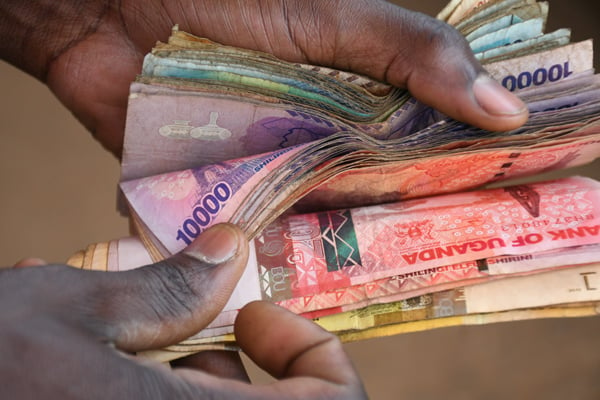Prime
Development partners should help Uganda’s democracy

A woman casts a ballot at Kisota Polling Station in Kisaasi in Kampala during the 2016 General Election. PHOTO/ FILE.
What you need to know:
- Mr Fred Higgins says: Previous bouts of violence, corruption and abuse of power have met with little or no resistance from the international community and the money has continued to flow.
Daily Monitor's coverage of the violence on the streets of Kampala has been brave and commendable.
However, I do not think sufficient attention has been paid to the role of the international community in all this.
Uganda receives approximately $2 billion of development assistance annually. Aid has been shown to contribute to the enrichment of the politically-connected elite (Andersen, Johannesen and Rijkers, 2020) and increase military spending in aid-dependent countries (Langlotz and Potrafke, 2019), both of which have been cornerstones of President Museveni’s grip on power in the face of democratic opposition.
If, as the academic research shows, all aid funding has political impact, it therefore follows that its disbursement comes with moral responsibilities.
Previous bouts of violence, corruption and abuse of power have met with little or no resistance from the international community and the money has continued to flow.
In response to the deaths of more than 40 protesters and bystanders in Kampala and other parts of the country on Wednesday, the US Embassy urged “all parties to renounce violence” in the sort of spineless false equivalence reminiscent of Trump on far-right violence in Charlottesville or Aung San Suu Kyi on the massacre of the Rohingya.
The merging of United Kingdom’s Department for International Development (DFID) and Foreign and Commonwealth Office (FCO) earlier this year was an implicit recognition that aid is political.
Now is the time for the newly-formed FCDO as well as other donors to align their payments with their principles. If they do not, then they will bear partial responsibility for the casualties.
Fred Higgins,




